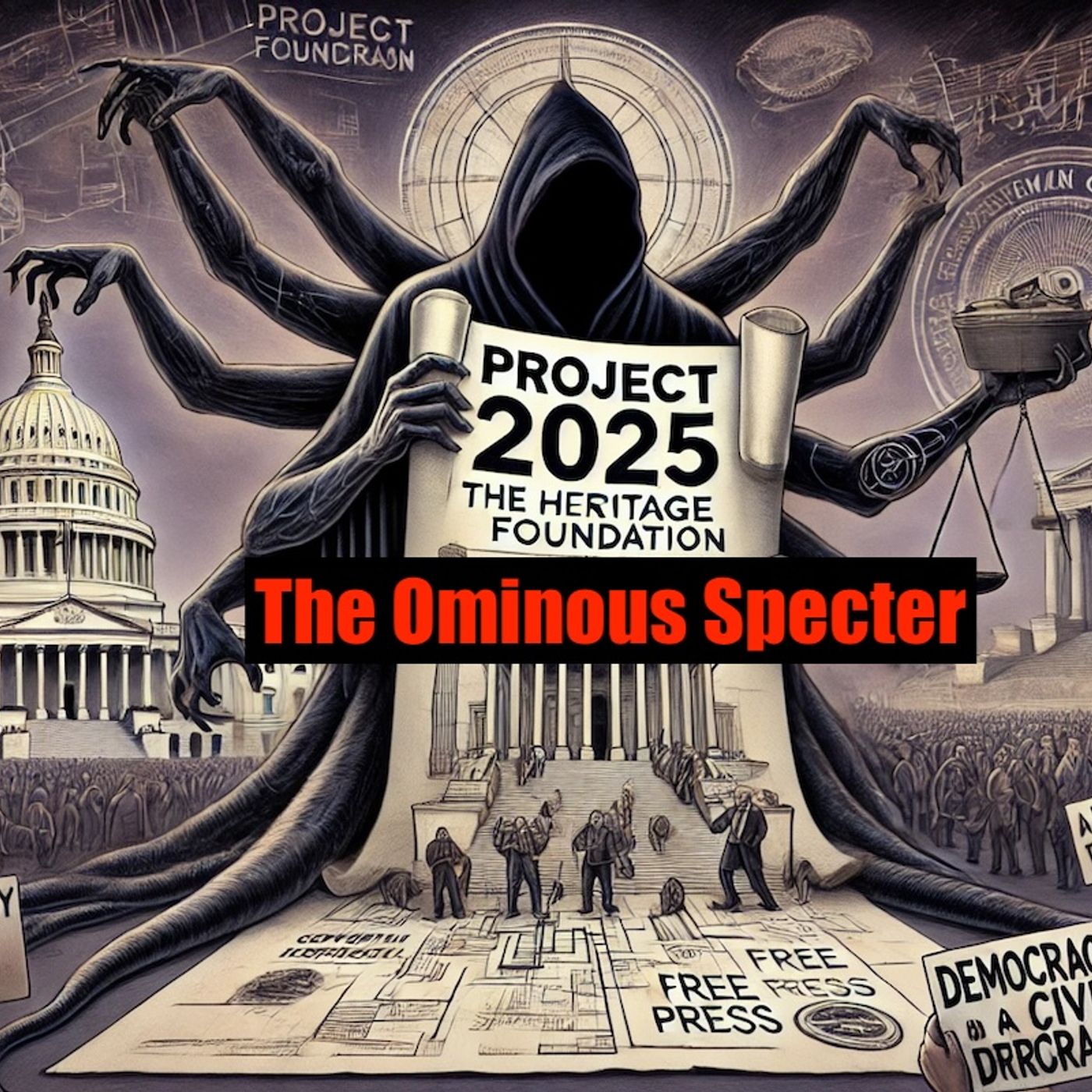
Project 2025: Undermining U.S. Anti-Money Laundering Efforts

Project 2025: The Ominous Specter
Shownotes Transcript
Project 2025, an ambitious initiative by ultra-conservative groups, has raised significant concerns regarding its impact on U.S. anti-money laundering (AML) capabilities. A critical analysis of the comprehensive plan reveals that certain overlooked components could severely impair efforts to combat money laundering, fraud, and cybercrime.Anti-money laundering programs, which include monitoring financial transactions to detect and prevent illicit activities, are vital for national security and financial integrity. Currently, these programs operate under robust regulatory frameworks that mandate financial institutions to conduct due diligence, report suspicious activities, and adhere to stringent compliance standards.Project 2025, however, proposes a sweeping overhaul of regulatory structures. One of the central tenets of this initiative is a significant reduction in federal oversight and a shift towards state-regulated frameworks. This decentralization effort posits that reducing federal control will foster a pro-business environment. However, experts argue that this could lead to a patchwork of regulations with varying degrees of stringency, potentially creating loopholes that malicious actors could exploit.A particularly concerning aspect of Project 2025 is its call for minimizing the role of federal agencies like the Financial Crimes Enforcement Network (FinCEN). FinCEN operates as the U.S. government’s primary entity for collecting and analyzing information about financial transactions to combat money laundering, terrorist financing, and other financial crimes. Its ability to coordinate with international agencies and domestic law enforcement is critical for tackling complex, cross-border financial crimes.Under Project 2025, FinCEN’s functions could be dramatically reduced, transferring more responsibilities to local and state authorities who may lack the resources and expertise to manage such intricate tasks effectively. This redistribution of responsibilities could lead to inconsistencies in how AML laws are enforced, potentially allowing sophisticated cybercrime networks to evade detection.Furthermore, Project 2025 advocates for scaling back the Bank Secrecy Act (BSA) requirements. The BSA is a cornerstone of the U.S. AML framework, requiring financial institutions to keep records of cash purchases, report suspicious activities, and implement robust AML programs. Diluting BSA requirements could weaken the systemic safeguards that prevent illicit financial flows, enabling fraudsters and money launderers to operate with greater impunity.The potential for increased cybercrime is another significant worry. Cybercriminals constantly exploit regulatory gaps and weak enforcement. With Project 2025's proposed reduction in federal oversight, there is a genuine risk that cybercrime could proliferate, further burdening already stretched state-level law enforcement agencies. Effective cybersecurity defenses require coordinated efforts and comprehensive federal support, which could be undermined by the proposed regulatory rollbacks.In conclusion, while Project 2025 aims to streamline and decentralize regulatory frameworks to promote economic growth, the potential consequences for U.S. anti-money laundering capabilities are profound. A weakened federal oversight structure, coupled with the dilution of essential AML laws, could open up the financial system to increased risks of fraud, cybercrime, and money laundering. This could undermine national security and erode trust in the financial system at a time when global cooperation and robust regulatory regimes are more critical than ever.